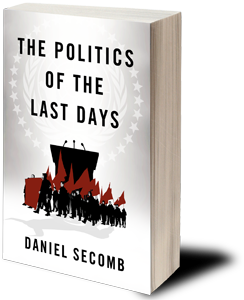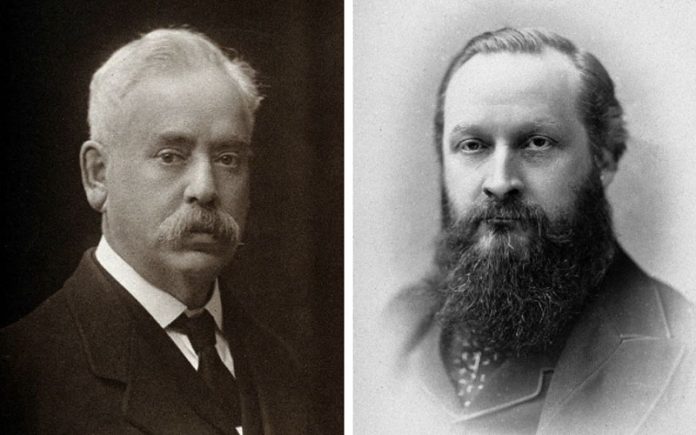King’s College London is to swap portraits of some of its founding fathers with a “wall of diversity” amid pressure from students, a dean says.
The plans to move portraits of former faculty staff from the main entrance wall and replace them with more BME scholars are being implemented by the world famous Institute of Psychiatry, Psychology and Neuroscience, following concern among academics that the current classroom environment is too “intimidating” for ethnic minorities.
The proposals were unveiled by Professor Patrick Leman, the Institute’s dean of education, who said that the faculty should not just be filled with “busts of 1920s bearded men” but rather more modern, diverse scholars so that the Institute feels less “alienating”.
Founded in 1924 as a hospital medical school, the Institute owes its existence to a donation from Dr Henry Maudsley, a pioneering British psychiatrist, and neurologist Sir Frederick Mott, who drew up plans for university courses for training in the field of psychiatry in 1896.
Their busts, which are believed to be the subject of Professor Leman’s remarks, were placed in the Institute in recognition of their work.
It comes two years after King’s sparked controversy for removing a photograph of Lord Carey, the former of Archbishop of Canterbury, in response to his opposition to gay marriage.
Facing widespread criticism at the time, the university defended its review of a “window display policy” on the grounds that some images had been unrepresentative of the “diversity of our university community”.
Professor Leman, who describes himself as “tribal Labour” in blogs, added that portraits lining the main entrance are “almost entirely white middle-aged men” and will be replaced with a “wall of diversity”.
He added that all current portraits of former deans would be “taken down” and rehung, with some being placed in less prominent positions, in comments that could be interpreted as them being sidelined by the Institute.
Meanwhile, teaching materials, such as diagrams of the human anatomy, will be changed to feature a “range of ethnic groups”, rather than just the “standard white male”.
Prof Leman said the plans had been backed by the faculty’s student body, which has been “exceptionally good” in pushing for a diversification of the curriculum.
“We’re trying to reflect the diversity in terms of students we have, but also trying to be more inter-cultural, more international in terms of how we develop the science,” he told The Telegraph.
“A great deal of medical, psychological research has been of white, male, North American or European students…so increasingly we try and broaden it to include more recent research from Asia, Africa, and from other parts of the world.
“[We are] making sure that the space in which students learn… doesn’t just have the busts of the bearded 1920s men, but also has pictures of people from different ethnic groups, different cultures. It’s not that we’re throwing anything into the bin.”
Keith Mott, a systems engineer and direct descendant of Sir Frederick Mott, said that whilst he was not “offended” by the plans, he would caution against universities seeking to erase controversial parts of their history.
“They will not be forgotten because their portrait is not there,” he added. “Where I do take issue is where places were founded on the slave trade, for example, and attempts are made to eradicate that history. I’m a great believer that if you don’t study your history you are bound to repeat it.”
Meanwhile, Sam Barrett, President of the King’s Conservative Association said it was “political correctness gone mad” as he accused the university of caving to students’ demands.
“It’s a de-colonisation of the curriculum. Any sort of view that some students disagree with – if you shout loudly enough the university will react to it,” he added.
“Some [students] clearly have a problem with being taught by a white man – that’s the reality of it. If that person who knows their subject is white, why should that matter?”
The controversy is the latest incident in a string of disputes between academics and student activists in recent years, with Oxbridge and other leading universities facing calls to expunge symbols, names and statues which are associated with controversial historical figures.
They include the Rhodes Must Fall movement at Oriel College, Oxford, which demanded that a statue of the college’s benefactor Cecil Rhodes be toppled because of his links to British imperialism.
Source: The Telegraph
 Register your interest for Daniel Secomb's new book, "Politics of the Last Days"
Register your interest for Daniel Secomb's new book, "Politics of the Last Days"
Daniel's new book explores the integral and fascinating role that politics will play in the end times.
He demonstrates that political philosophy is actually underpinned by biblcal principles and that by examining the political history of the past can give us a fascinating glimpse into how Biblical end times events will unfold.
Be sure to sign up with your name and email address to be notified of updates and the upcoming release date of the book.



















